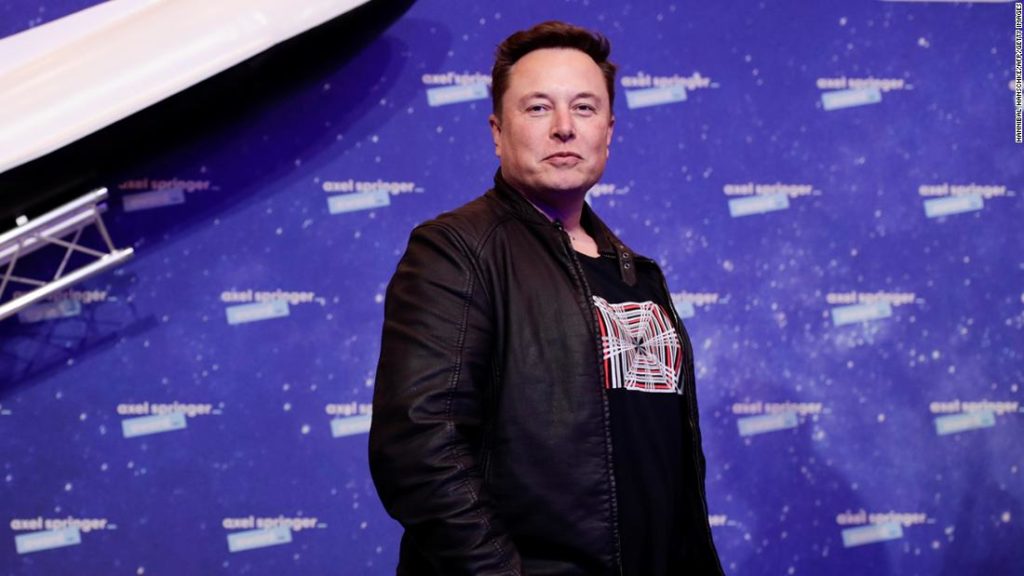2021 and 2022 could be nearly as lucrative for him.
At current values, those three options tranches would be worth $18.6 billion.
Analysts are now forecasting that Tesla’s 2022 financial results will likewise reach heights that would bring Musk three additional blocks of options. Tesla could hit one of those profit targets in 2021, which would mean Musk could match the four tranches of options he received last year.
Few investors are complaining about Musk’s pay.
“The cachet of Tesla is Musk,” said Daniel Ives, tech analyst for Wedbush Securities. “The reason investors have not batted an eyelash is that due to Musk’s strategic direction, Tesla is on top of the EV [electric vehicles] mountain going to the golden age of EVs. And he’s put Tesla on the cusp of being a trillion-dollar market cap company.”
Did Musk really need any more options?
Unlike Musk, Bezos doesn’t receive stock options from Amazon, and he collected relatively modest salary of $81,840 in 2019, plus security services valued at $1.6 million a year. But rather than benefit from stock options or grants as do most CEOs, he benefits primarily from the rise of his Amazon shares.
Musk similarly owns 170 million Tesla shares outright, worth about $137.2 billion, in addition to those existing shares he has options to buy new ones. In fact, the nearly $123 billion gain in 2020 in the value of shares Musk already owns dwarfs the value of the additional options he received.
Musk, who bought a controlling stake in Tesla in 2004 when it was an upstart private company years from building its first car, takes no salary. Before his current lucrative compensation package he had an earlier version that paid him with options to buy 22.9 million split-adjusted Tesla shares for a price of $6.24 each. Those options are worth $18.3 billion today.
Musk has not exercised any of his options. Executives typically exercise them when they are due to expire, or to free up cash. Musk has never sold Tesla shares.
Cost to Tesla of the options
Those options come at a cost to Tesla, although it’s a non-cash expense.
Stock-based compensation accounted for a $1.7 billion hit to Tesla’s bottom line last year. The company doesn’t break out how much of that was Musk’s or how much was stock for its other 70,750 employees.
The company makes stock widely available to its employees. Its filing said that “our compensation philosophy for all of our personnel reflects our startup origins, with an emphasis on equity-based awards.”
But the same filing says that the company does not match employees’ contributions to its 401(k) plans, in cash or in company stock.
Tesla said that Musk got so many options, so much sooner than expected, that it caused the spike in stock-based compensation expense. In 2019, stock-based compensation was about $900 million.
Musk received no options in 2019, but some of that $900 million was an expense Tesla booked because it believed that Musk would receive options in early 2020.
While the stock-based compensation doesn’t drain cash from Tesla’s coffers, it does change the company’s profit picture.
Without the $1.7 billion in stock based compensation, Tesla’s net income would exceed the gains from the sale of those regulatory credits. And Telsa critics would not have been able to claim it lost money selling cars.
You may also like
-
Afghanistan: Civilian casualties hit record high amid US withdrawal, UN says
-
How Taiwan is trying to defend against a cyber ‘World War III’
-
Pandemic travel news this week: Quarantine escapes and airplane disguises
-
Why would anyone trust Brexit Britain again?
-
Black fungus: A second crisis is killing survivors of India’s worst Covid wave

